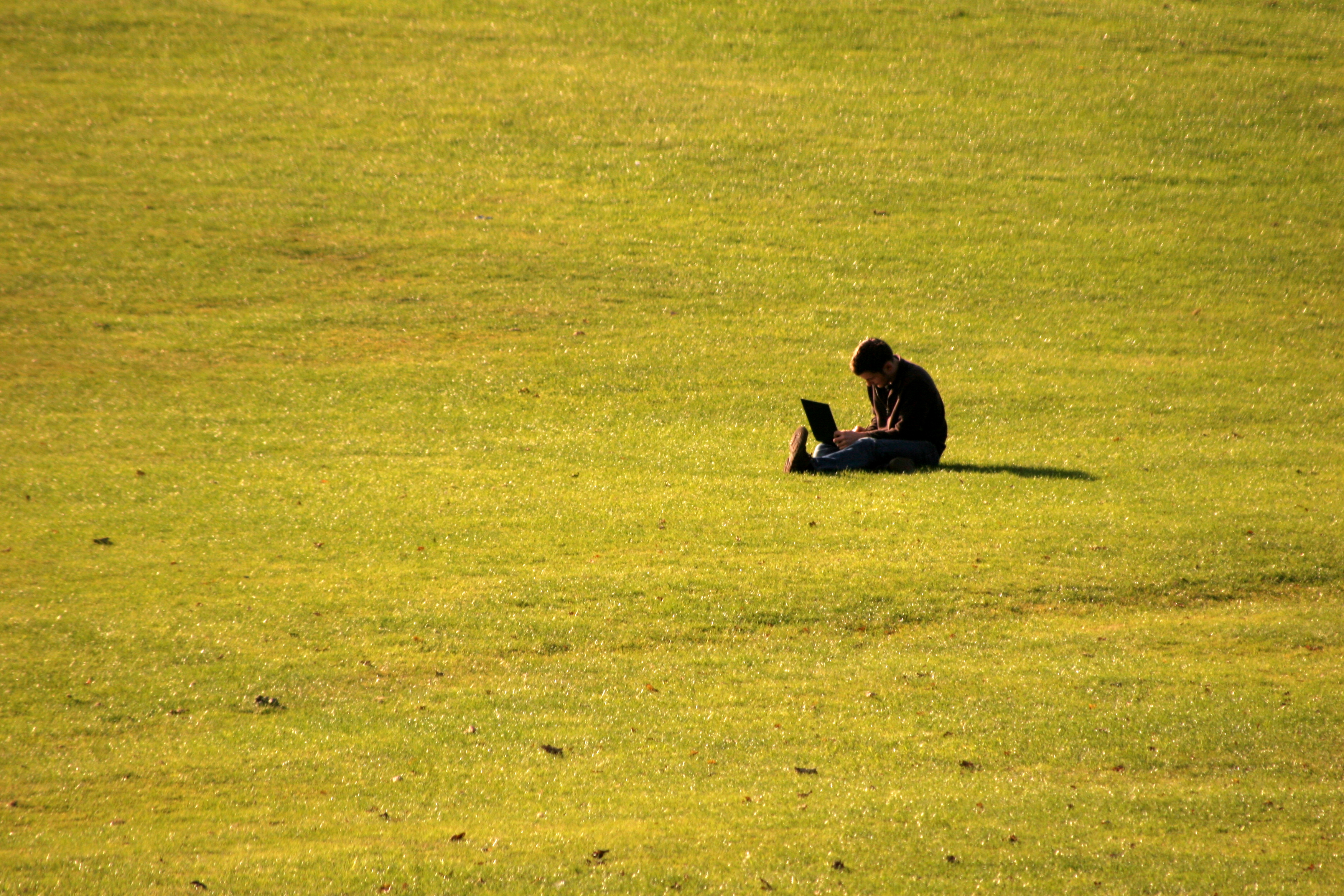This article appeared previously in the October 2014 issue of the Christian Teachers Journal (Australia). It is reprinted here with permission.
Some years ago, between my own evening chores, I watched my then teenage son finish his high school English homework and move on to another task. The anthology of literary extracts from which he had been working was left lying on the sofa. I picked it up and began to read from the piece that he had been assigned. It was an extract from Henry David Thoreau, famous for his reflections on living simply amid a natural environment. In the section I read, he was describing a battle that unfolded before his eyes between two armies of ants, one red, one black, the battlefield “strewn with the dead and dying.” It was a vivid, lucid passage, one that seemed as if it might have held some visceral appeal for a teenager saddled with homework. I called across the room to my son, and asked him what he had thought of the eloquent descriptions of insect carnage.
His response was evasive, perhaps slightly puzzled. It seemed he had little recollection of any ant battle. Curious, I persisted. The homework had been based on the Thoreau piece, hadn’t it? Affirmative. And the homework had been completed? Indeed. But he had not been struck by the description of an ant battle? Not that he could recall.
Things became clearer when I looked at the homework assignment. The worksheet asked students to work through a list of key one-line quotations from the extract, and to carry out two tasks for each. First, they were to find it in the text and say what the author meant by it, taken in context. Second, they were to comment on whether the viewpoint contained in the quotation corresponded with a Christian worldview. Both impulses—the attempt to get students to read contextually and to think Christianly—are good ones. But notice that completing these tasks does not actually necessitate reading the text. If you are a resourceful student, you need only locate the paragraph in which each quotation is contained, explain that paragraph, and then run the results through a quick comparison with whichever summary of Christian faith you have been taught, and you can move on to the rest of the night’s tasks.
I am not sure this is laziness. It’s rational behavior to complete tasks as efficiently as they allow, especially when the school that occupied you all day has also scheduled your evening with a series of worksheets. The lack of engagement in this case was as much because of the instructions as in spite of them; the nature of the homework task steered the mode of engagement that resulted.
My interest here is not specifically the literature class, but rather homework itself and how it works. Homework is one of those basic practices, like testing and grading and textbooks and talking from the front, that seem to just come with the package of schooling and end up framing what we do instead of being shaped by us intentionally. There has quite rightly been plenty of attention in Christian education to what content is taught, what beliefs are affirmed, and what character qualities are modeled and passed on. However, when we think of Christian education as mostly a matter of ideas and attitudes, a matter of what beliefs get taught and learned and how graciously and morally the whole process proceeds, it is easy for these daily practices to pass unchallenged. They are part of how one does school, hard to imagine otherwise, and our focus quickly shifts to thinking about the kind of Christian mind and manners that we need to insert into the schooling receptacle. We spend more time finding things to fill the next homework slot, and processing the resulting work, than we do in asking and answering careful questions about what homework is and how it is actually functioning. And yet homework (along with tests, and grades, and the like) does so much on a daily basis to affect the kind of learning that takes place.
David Smith is director of graduate studies in education and director of the Kuyers Institute for Christian Teaching and Learning at Calvin College in Grand Rapids, Michigan.
